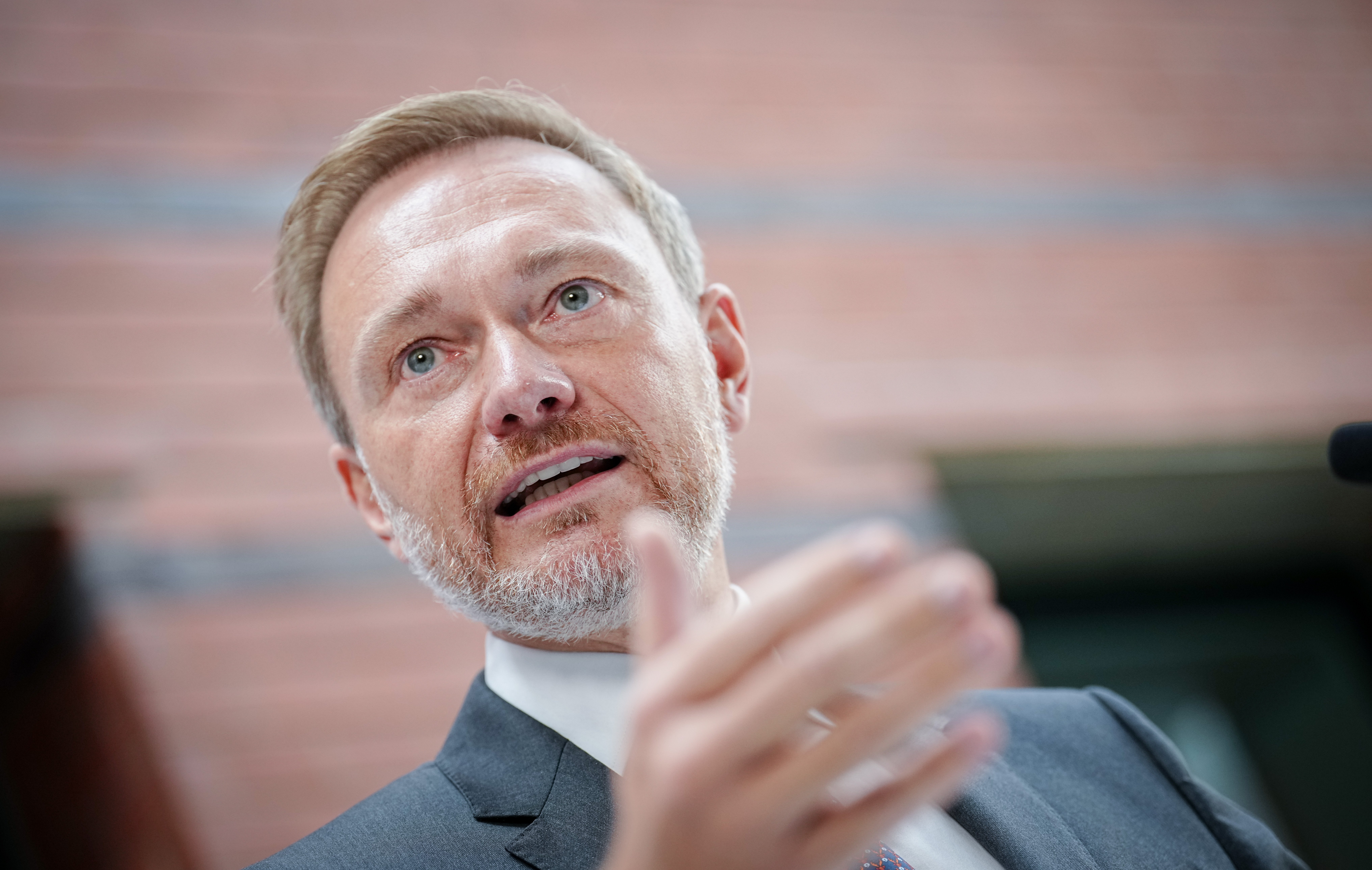The 41-year-old was fined for tax evasion by a regional court in Landshut, Bavaria, after he failed to declare clothes worth €6,685 ($9,745) when he returned to the Munich airport after a trip to the middle east.
The collection of polo shirts, t-shirts, sweaters, shirts, trousers, jackets and cuff-links were from top brands such as Armani and Dolce & Gabbana.
At customs in the Munich airport, Kahn used the “nothing to declare” aisle, but the tax on the imported goods was €2,119, which resulted in the fine.
Kahn, who retired in 2008, captained both Bayern Munich and Germany during his career, winning 86 caps for his country. He made 557 appearances in the Bundesliga, as well as 103 in the Champions League.
AFP/The Local/adn




 Please whitelist us to continue reading.
Please whitelist us to continue reading.
Member comments